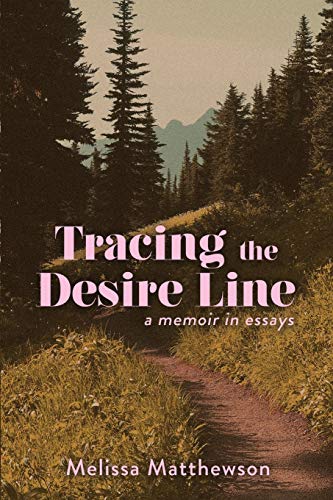Watching a homeless woman struggle onto the bus, her hair arranged into grimy tufts of cotton. Watching you sitting there showing your momentary sickness at her cracked and yellow fingers that grab the steel bar as she tries to hoist her worn out frame; up one step at a time.
Your shoulder rubs against mine as the bus lurches away from the bus stop. The intimate touch jostles the book in my hands as the woman tears at the too-long strap of a bedraggled purse that catches someone’s shoe tip. She’s angry suddenly, as if the man looped the strap intentionally.
I think as he grins at her, that perhaps he did it on purpose. But then, who really cares anyway. She’s homeless. Probably crazy. She presses further into the only available seat four rows behind the driver; the other occupant presses closer to the window, stares out as if it was actually open and wafting clean air in.
Flip the page of my book, figuring the old gal must have lost her mind at the same moment she lost her house. Her cat. Her weekly grocery excursions and possibility of a date on Saturday night. Wonder if she ever married. Think it’s another thing that doesn’t matter. She’s old. There never was a life before. There’s only now. She probably doesn’t consider the future. What is time for her, really, except a measure of space that has to be filled?
Since she has so little to fill time with, I wonder if she even thinks about anything but her present. About her things: her old purse with a bottle spout poking obscenely from the corner where the zipper has ripped. A hole in its bottom reveals a dirty rag of hosiery. Think she must have retrieved it from a garbage can. Maybe even mine — ours.
It’s possible. I measure time in pantyhose far too often: day one, wear gray; day two is linen; third day, tan; and so on. You measure time by content, how much you have managed to plug into an Italian leather billfold. Yet there has to be more to life than work day in, day out. Go to work. Earn. Pay. Buy. Settle into comfortable abode with textured walls and plush carpet. Fabric softened cotton slinking along my arm, silk and lace caressing breasts. Pantyhose concealing perfectly respectable legs.
She wears no hose; her legs full of bloated veins, are bare. Feel like asking her where she found the nylons, but can’t push the words past the braces on my teeth that you paid for so I could be beautiful. Want to steal a glance at you, imagine you instead with your fancy suit and sick attention to perfection. Measure your time, honey, in acquisition. Week one, buy car and Armani suit; week two, purchase pool and all its accouterments; third week, vacation in hot spot that’s the envy of the neighborhood. We need a boat for Saturday sails, although the harbor is already thick with merchant vessels bringing in the load of furniture pieces we saw displayed at Leon’s.
Bag lady is rocking now. Talks to herself, “I saw him, Tilda. Indeed, I did. Had a big ole flower in his lapel.”
Her mouth continues to move, but curiously, no more words exit. You’re enjoying watching the old gal, studying her eccentricities, probably thanking God you still have your mind, your house, your extensive wardrobe with brand names leaping from the tags, left outside your collar on purpose. For visibility.
Wonder which came first for her, though. Did she lose her mind, then the house, or vice versa? You would say she lost her inclination. That’s why the drink, the garbage can shoes, the fact that she wanders aimlessly through the city but hasn’t the time to button the top of her blouse.
Looking at the words on my page, but not absorbing them, I’m too intent on your reaction to the old gal. Disgust, probably. She does smell badly, after all. But can you sense anything else?
The words on the page, an Oprah pick, just don’t mesmerize me anymore. It’s a small thing, made up of smaller things. ABC. See Spot run. Does she read? Did she read? Was a book ever anything more than a discarded magazine with a free sample of scent she can plaster into her already heavily odorous body? Nobody else looks at her. The bus is rife with condescension like overripe honeydew. Can you smell it? I doubt it. There’s only her smell; you would never get past the oily hair odor enough to pick out the same sickly fragrance of perfumed superiority. CK-1, an unfragrance.
Smiling as I look at the book in my hands, the words blurring into a black mass of text, I think the advertisers would never have intended to bury the subliminal message — that urban society has a smell all its own. I wonder if she thinks we reek.
Watching as the homeless lady pulls the cord and shuffles to the front while those on the end press ever closer to people they don’t know in an effort to avoid her arms. Watching as she eases one foot down and then the other onto the same step, like a young child learning to master stairs. Everyone on the bus, even you, look relieved that she is disembarking. Relieved that you didn’t get touched.
I sigh as the door closes behind her and the hair that’s arranged unto grimy tufts of cotton. The homeless lady is gone, leaving an electricity all around me — me with the book in my hands, my linen hose, your shoulder rubbing familiarly against mine.
Thinking it’s interesting how she hasn’t lain a finger on my skin.

